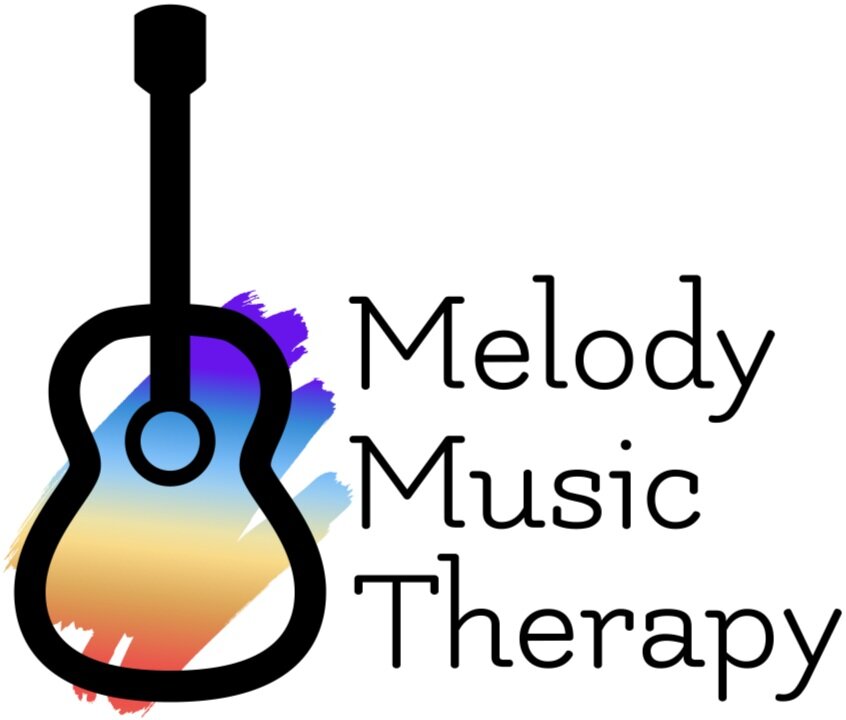Knowledge Highlights From My Internship
During my music therapy internship I have had the opportunity to work with a wide array of clients. The populations I have worked with include a variety of ages, neurodivergent and neurotypical clients, and clients with different dis/abilities as well. In this article, I will be sharing a few, short knowledge highlights I have gained from my experience with these participants in an attempt to assist other interns in similar placements.
One knowledge highlight I discovered while working with older adult clients, whether in individual or group sessions, is that it is important to engage in verbal discussions during the session. Not only do conversations support cognitive functioning for clients, especially in memory care, they are also a great way to build the therapeutic relationship with the client/s. Some starting questions to ask older adult clients include “What did you think of that song/artist?”, “Have you ever heard of this song/artist before?” or “Where are you from?”. These questions can serve as a navigation tool to your client/s musical preferences. As your therapeutic relationship builds you will be able to engage in deeper, and richer conversations and discussions. For example, if a client says they dislike the Beatles, you can ask them why that is. Conversations and verbal discussions are a great way to keep sessions authentic and client focused.
Another knowledge highlight I have gained is to support the client’s natural and individual tendency for “play”. While working with neurodivergent children, I found that many of them were disinterested in engaging in strict and structured activities. Even the planned, and well thought out “fun” experiences I brought in, sometimes seemed unappealing for them. This was likely because I was approaching experiences through a neurotypical lens, assuming these participants might engage in a “neurotypical” way (i.e., freezing during a freeze dance, or finding objects during a hide n seek game). However, it is okay to reimagine how an activity should go to account for a client's individual ‘play tendencies’. Letting go of control can allow space for the client to show the therapist what they actually find fun and appealing (i.e., looking out the window, touching various objects, jumping, etc). Once you understand what the client’s preferences are, you can build experiences around it. For example, if a client enjoys looking out the window, the therapist might engage the client in a song talking about different things they see while looking out the window.
It is important to honor the playfulness of younger clients, however, clients of all ages can enjoy partaking in playful activities as well. For example, when working with an older adult client, I found he enjoyed “sneakily” hitting my drum while I was not looking. To encourage and support this playful tendency I would sometimes “sneakily '' play on his drum too. As a music therapist, it is okay to “play” and have fun alongside clients. By engaging playfulness as a music therapist, it can eliminate power dynamics and create a safe space of playful expression for all ages.
Another knowledge highlight I discovered during my internship is that it is important to have a mindset of “What can I give to this situation” rather than “What can I get from this situation”. Although this might seem like an obvious declaration, as an intern there are many factors influencing a “self focused” mentality. You will likely want to impress your supervisors, appear knowledgeable, seem like a competent musician and get a good grade. However, it is important to maintain a keen focus on the client’s well being. At the end of the day, you may mess up lyrics, or have an experience go awry. During those moments, it is important to ask yourself; “how can I best support the client at this time?” It is okay to start a song over, abandon a music activity or to say you simply don’t know. At the end of the day, the best accolade and award for an intern is knowing that the client is getting what they want out of their music therapy session.
